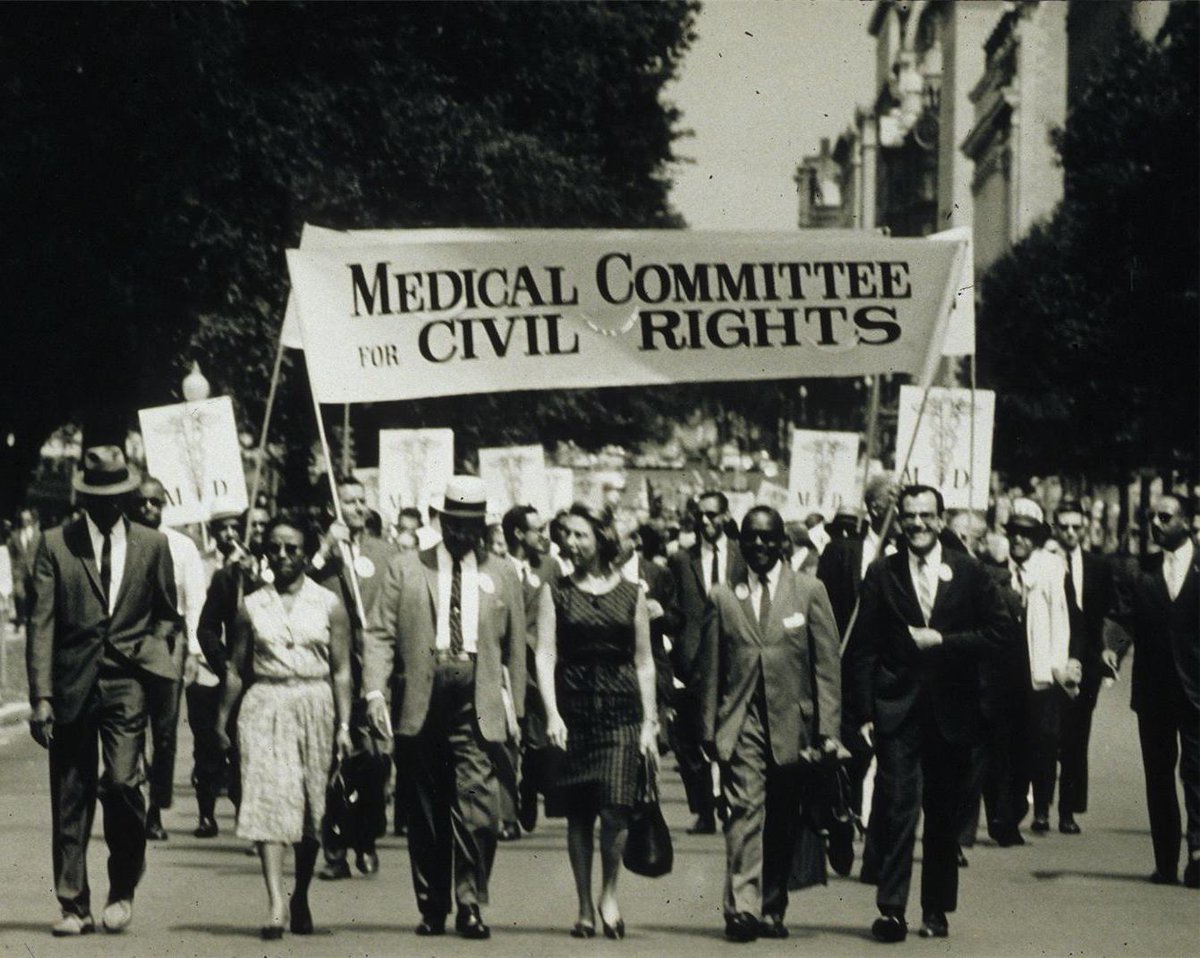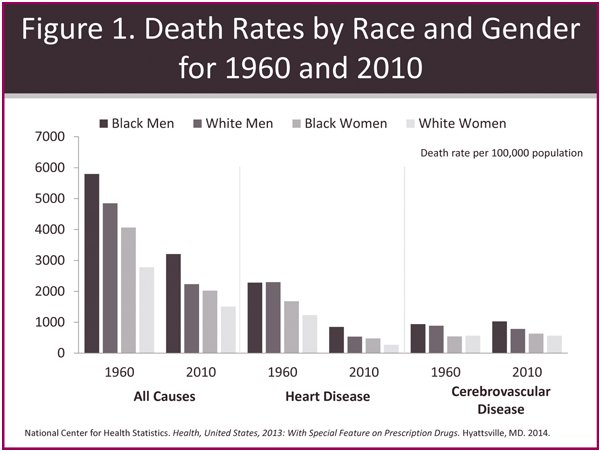As #BlackHistoryMonth ends and the #SouthCarolinaPrimary begins, let's revisit the story of Medicare & how it tangibly advanced racial equity in the 1960s.
The story shows the power of movement-aligned politics to effect social & system change.

This is the way healthcare "worked" for Black Americans... until Medicare.
whyy.org/segments/medic…
asaging.org/blog/medicare-…

thelancet.com/journals/lanpl…
What were the ingredients of Medicare's success?
- universal policy
- deliberate racial justice focus
- movement aligned
- political courage
khn.org/news/1965-the-…
docs4bernie.org/join-us/








